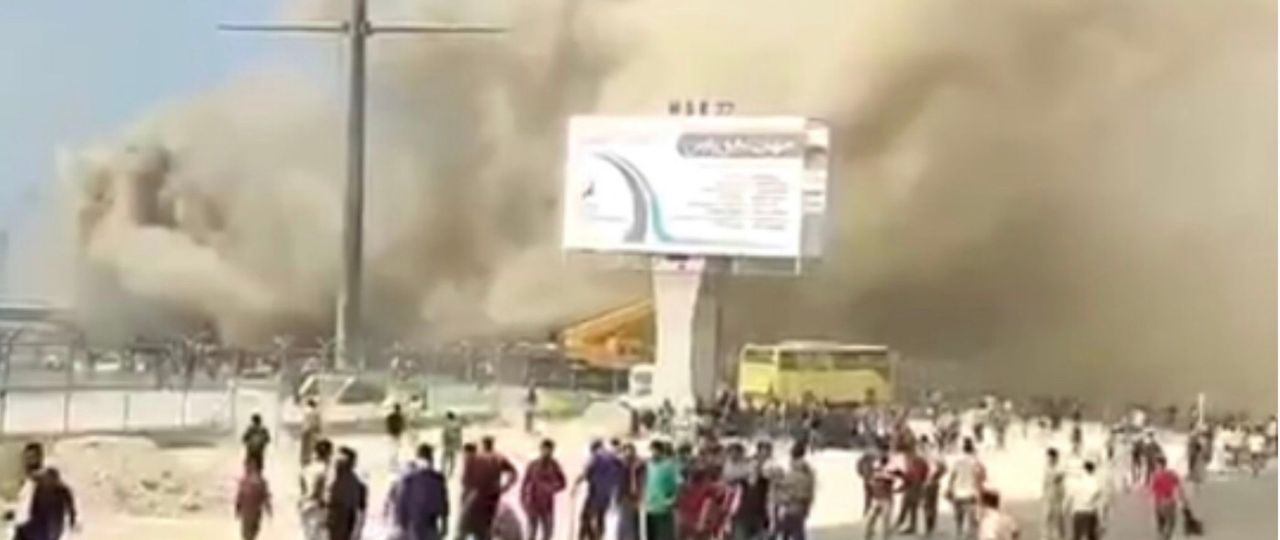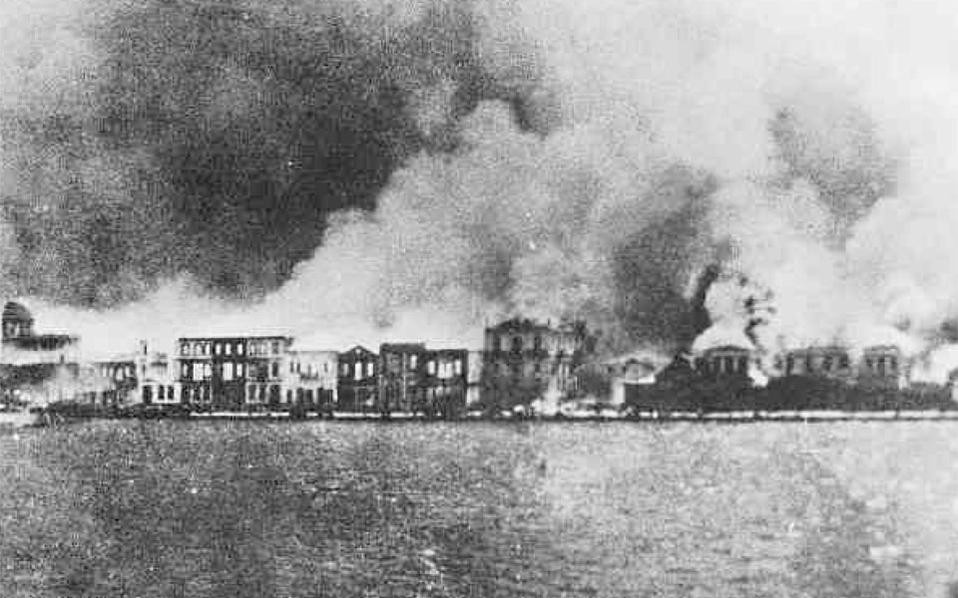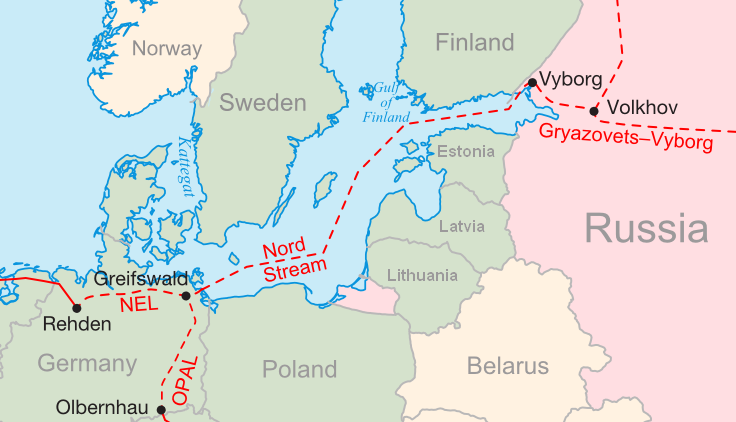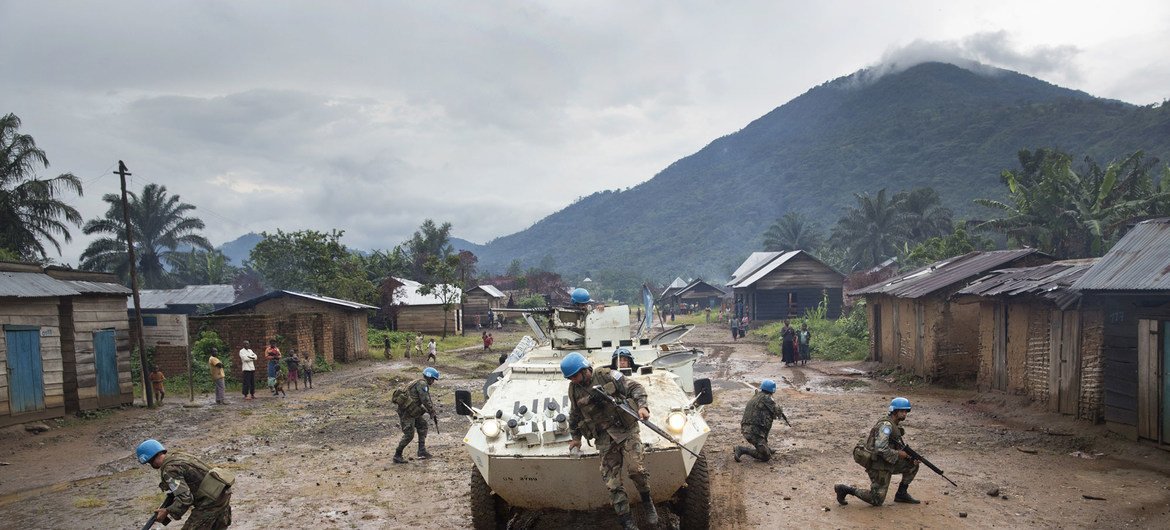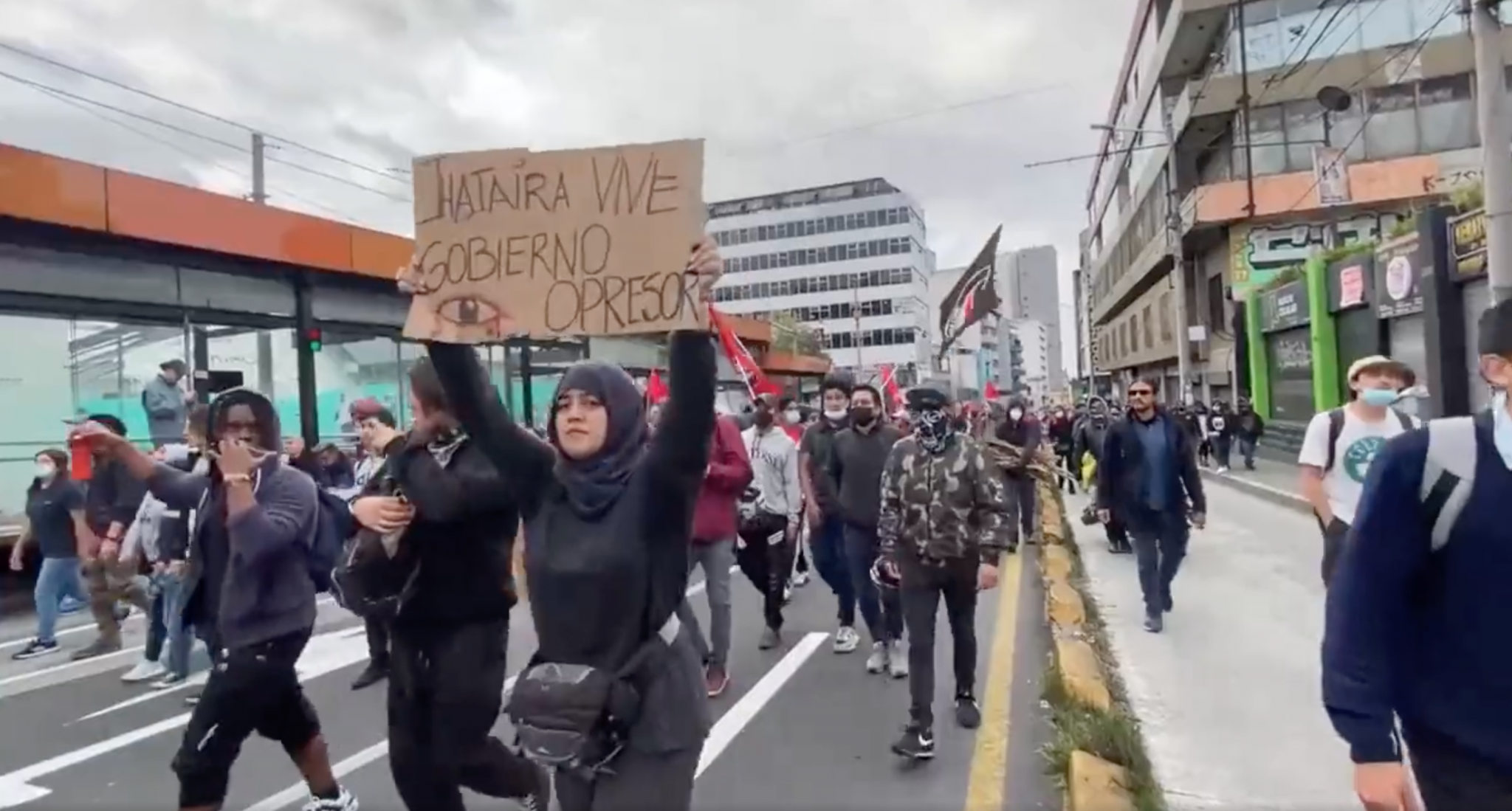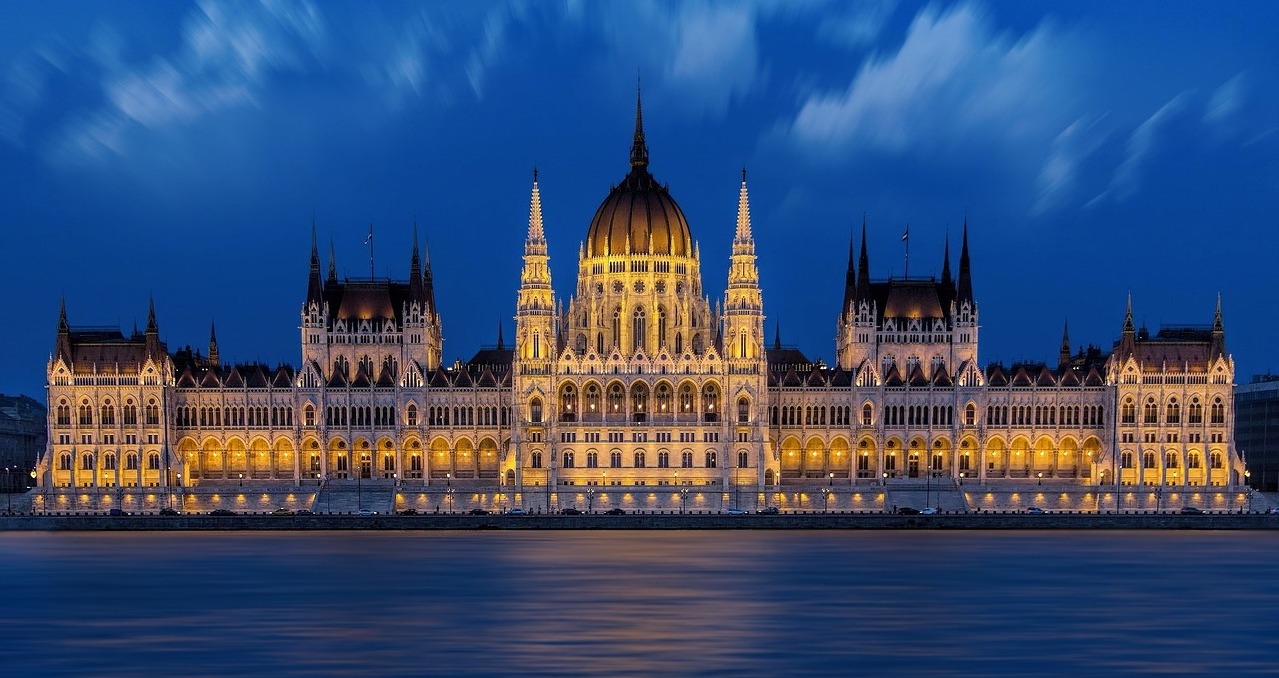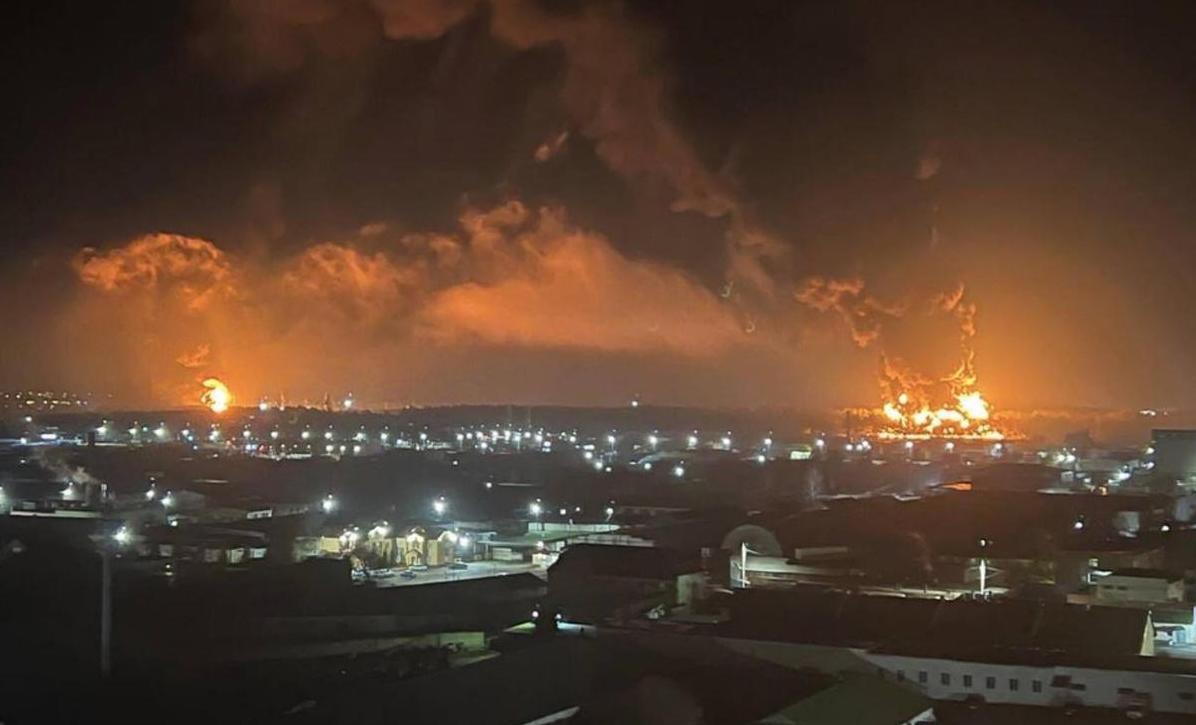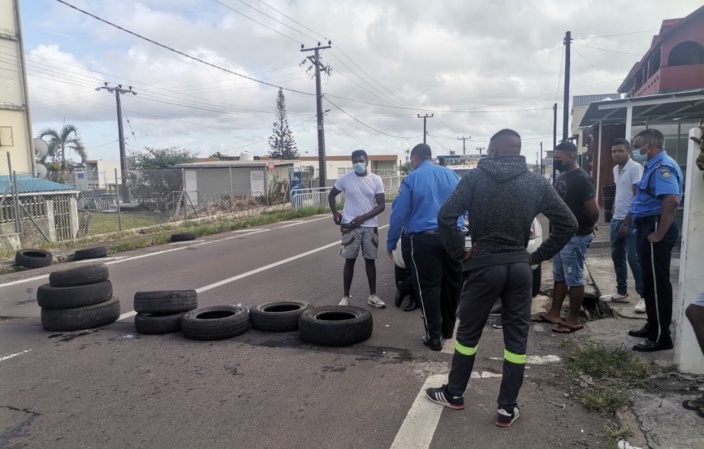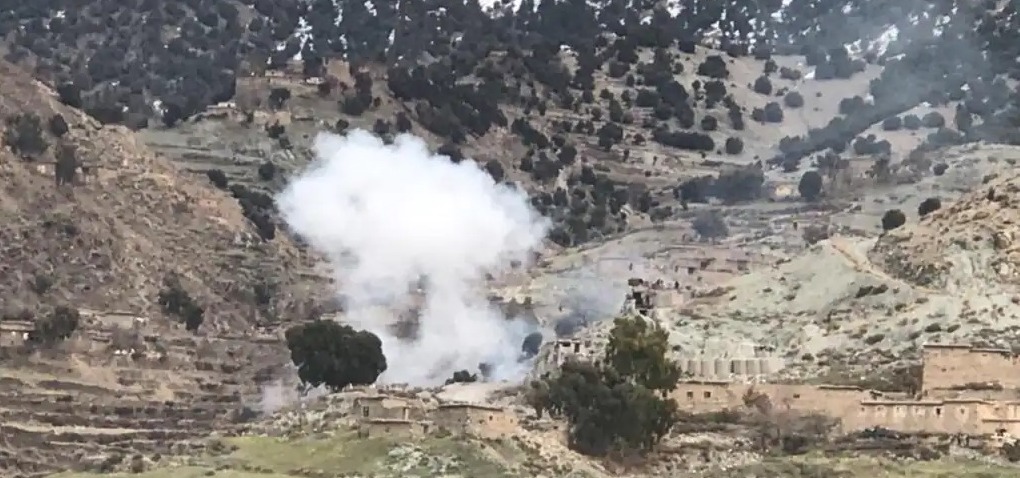
Swiss oil CEO faces trial for Sudan war crimes
The Supreme Court of Sweden ruled that the trial of Alex Schneiter, a Swiss citizen and former CEO of Lundin Oil charged in connection with war crimes in Sudan between 1999 and 2003, may proceed in the Swedish courts. While Lundin Oil is a Swedish-based company, Schneiter claims that he cannot be tried in Sweden because he is neither a citizen nor a resident. The high court held that Schneiter’s alleged crimes are subject to “universal jurisdiction,” which allows anyone to be prosecuted anywhere in the world for serious international crimes. The case concerns an area called Block 5A in southern Sudan, which was then wracked by a pro-independence insurgency. The indictment holds that Lundin demanded that government forces and allied militias provide security for its operations, knowing that this would entail deadly force and enflame the conflict. (Map via Rixstep)




